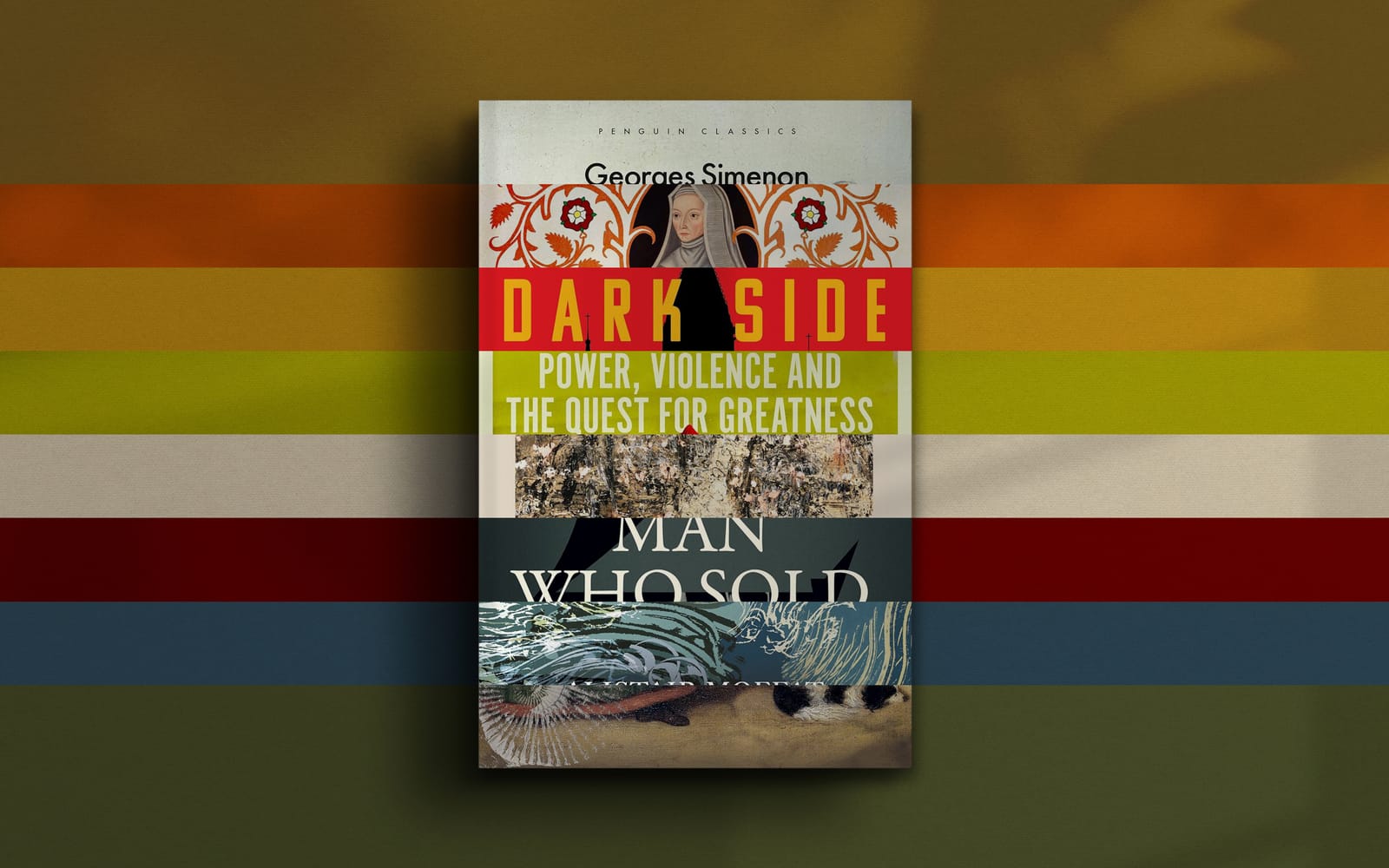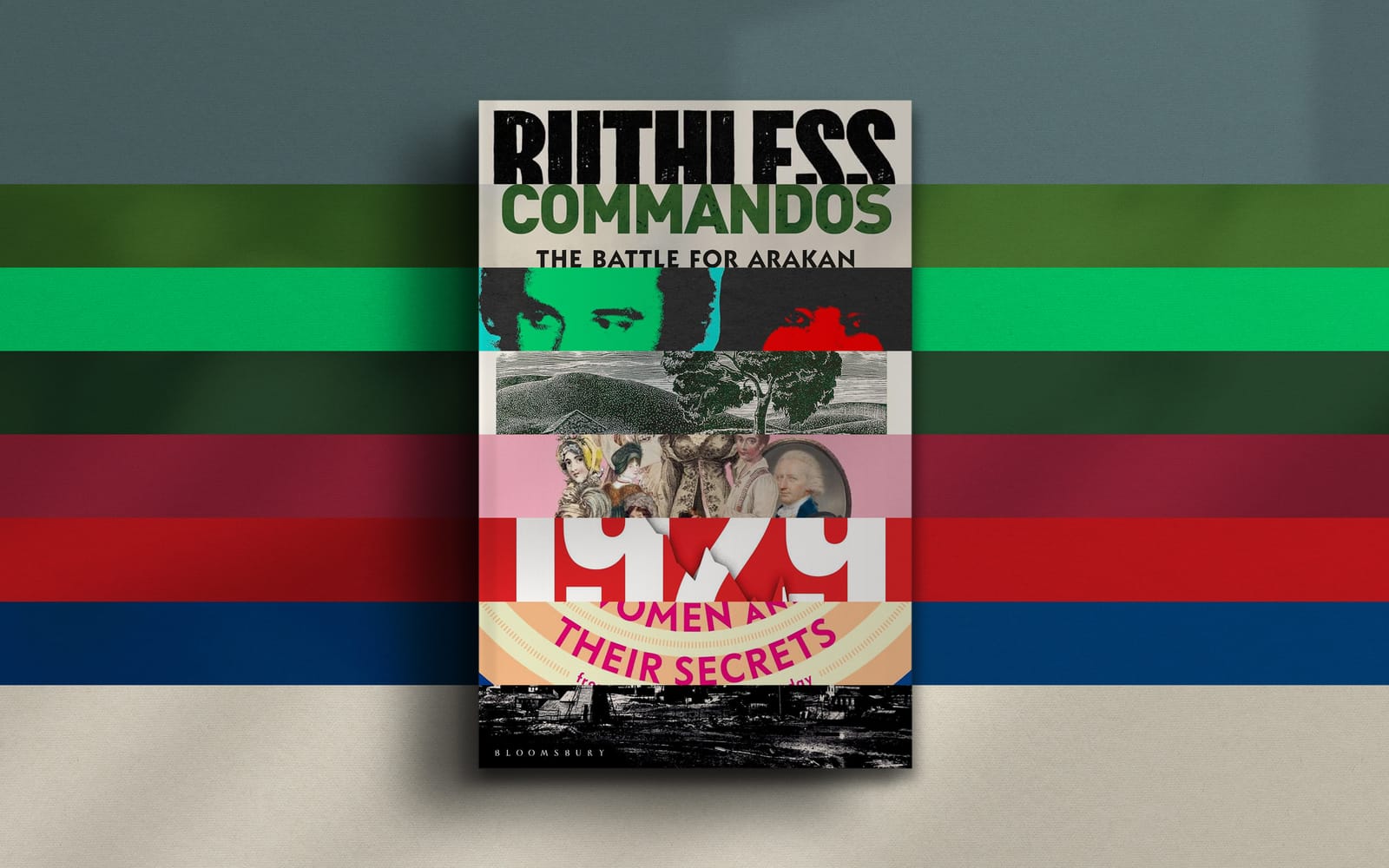New History Books for January 2025
From Dante to Haiti, Shakespeare to Socrates
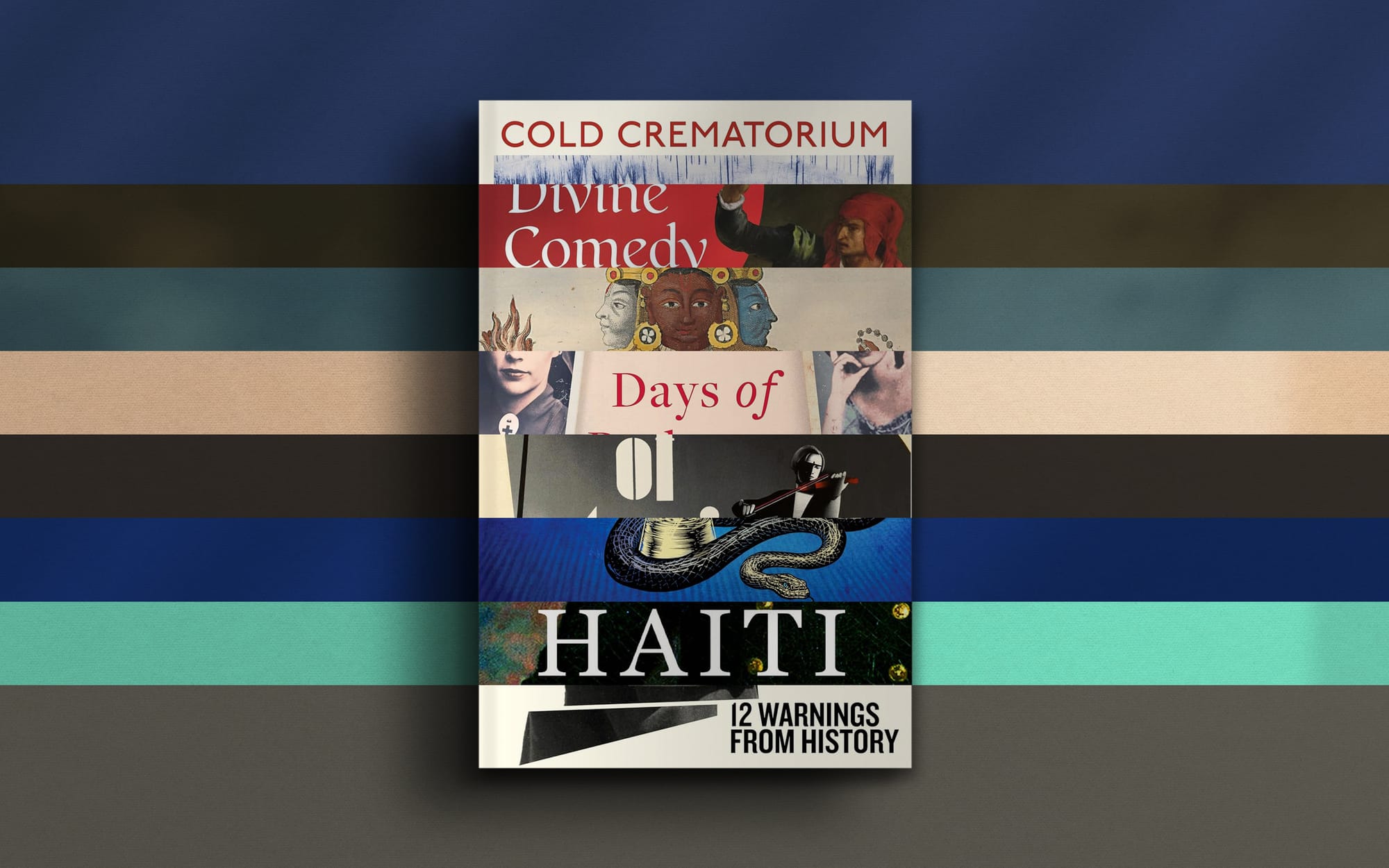

Here is a selection of anticipated new history books that will be released over the month ahead.

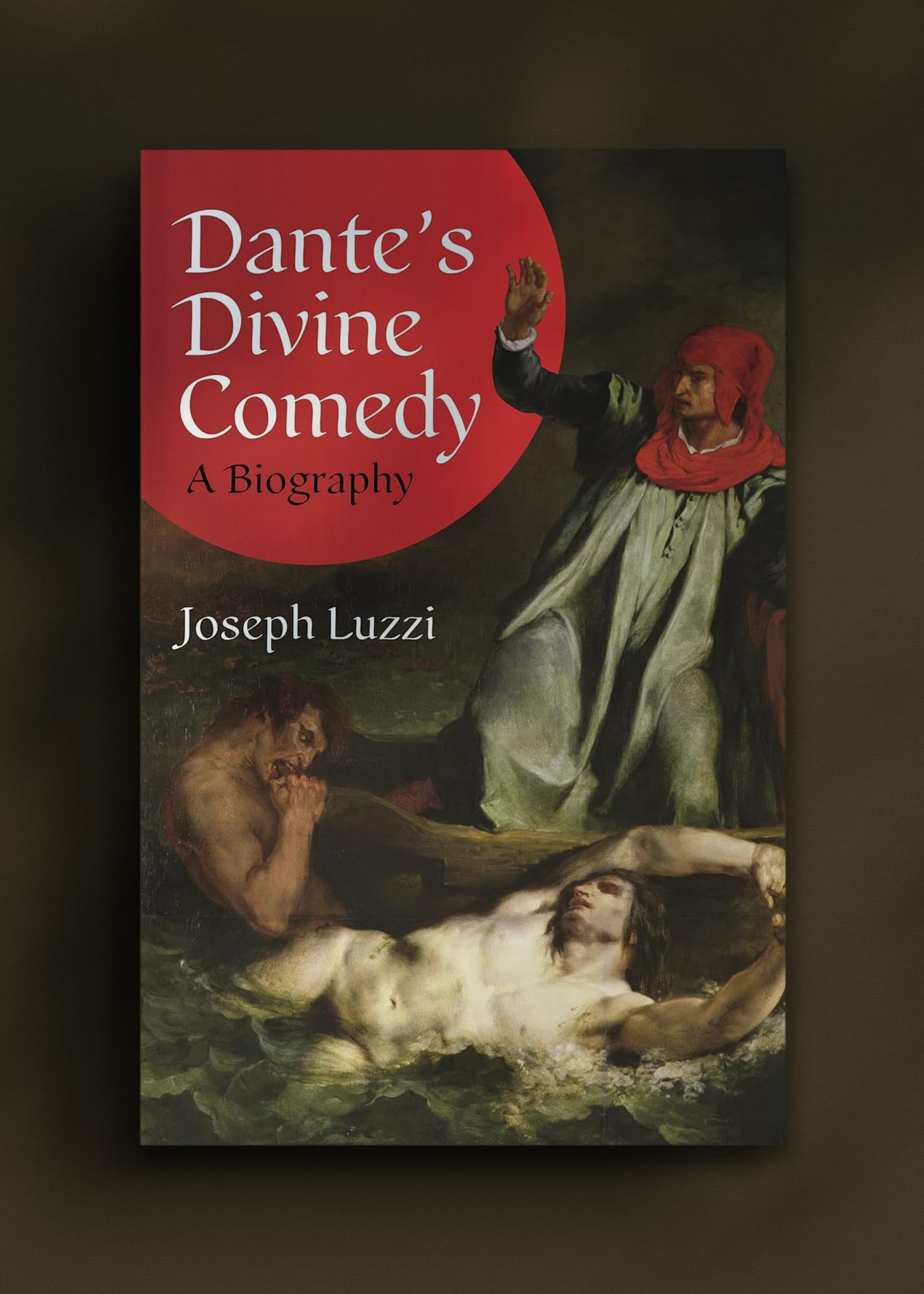
Dante's Divine Comedy: A Biography by Joseph Luzzi
Princeton University Press, 7 January, 2025
The biographical form has undergone a series of modifications over the past generation. Where once it was generally employed to chart the course of a human life, from cradle to grave, it is now used in an increasing variety of ways: biographies of objects, ideas, artefacts and, as Joseph Luzzi employs it here, a book.
The book in question is one of the most fascinating of the past millennium. Dante Alighieri’s Divine Comedy was written in extreme circumstances, during the poet's exile from Florence. Its subject matter was compelling and incendiary—'exploring the state of the human soul after death'—but this forms just part of Luzzi's focus. Included too is an analysis of the book's own roving afterlife, as Renaissance artists, Enlightenment thinkers and the Romantics found meaning of their own in Dante. Luzzi's own biographical experiment brings a lucent new perspective on one of 'the most consequential religious books ever written'.

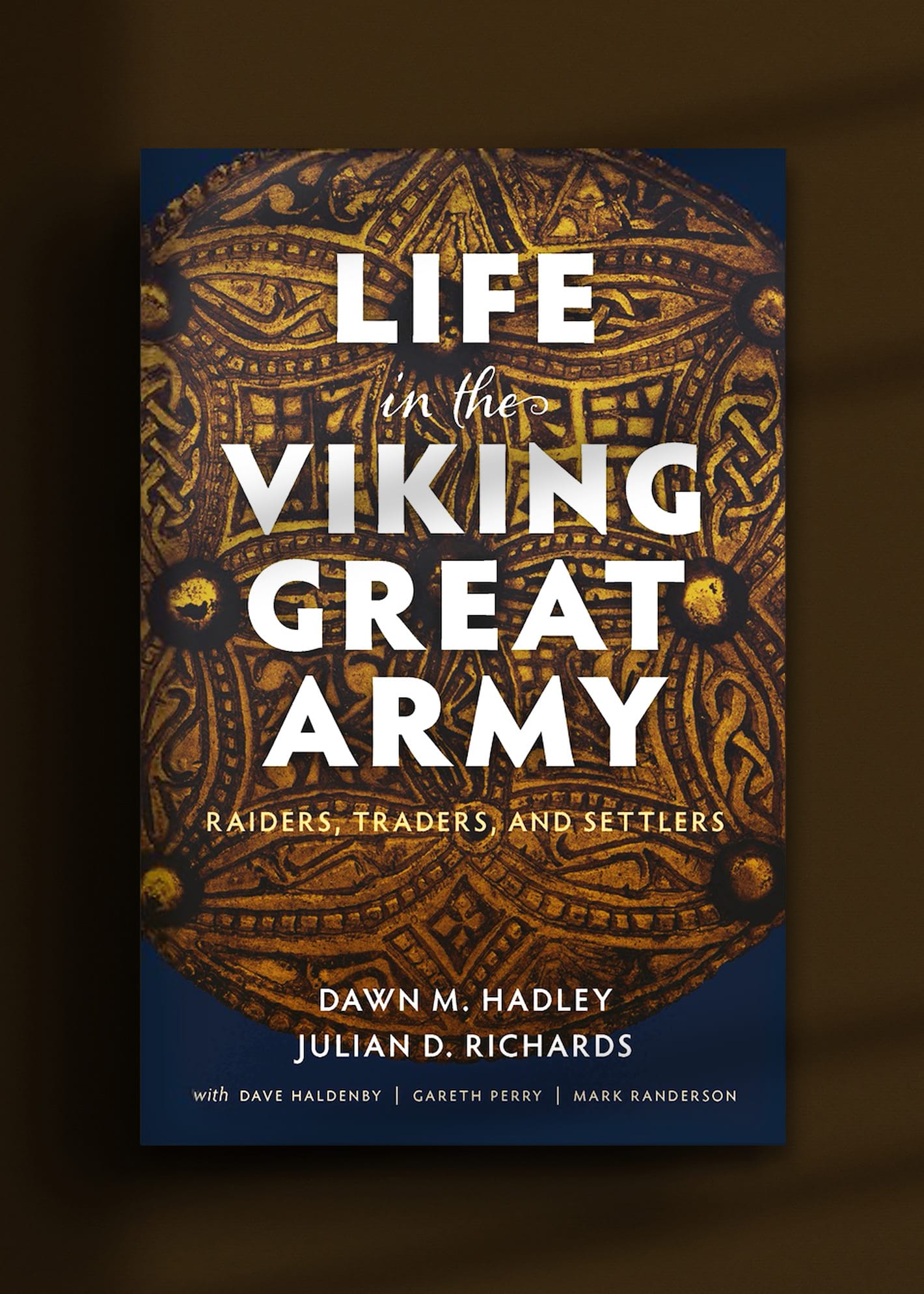
Life in the Viking Great Army by Dawn M. Hadley and Julian D. Richards
Oxford University Press, 9 January, 2025
Of all months to be reading about the Vikings, January, with its bitter winds, dark nights and open fires, seems to be the appropriate one. After all, the image the word evokes is a hazy one of cold violent raiders arriving from across the northern seas.
This simplistic view is disrupted by Dawn Hadley and Julian Richards' intriguing new book, Life in the Viking Great Army. For centuries there has been a chronological understanding that this army arrived in 865 and for a decade and a half thereafter fought a series of ruthless battles. The reality of what life was like within the army, however, has remained elusive. Only in the last few years has archaeological research managed to tease out many hitherto lost details. This latest research is presented here in a book that gives readers a stirring picture of where the army went, what happened at its camps and what kind of people served in it.

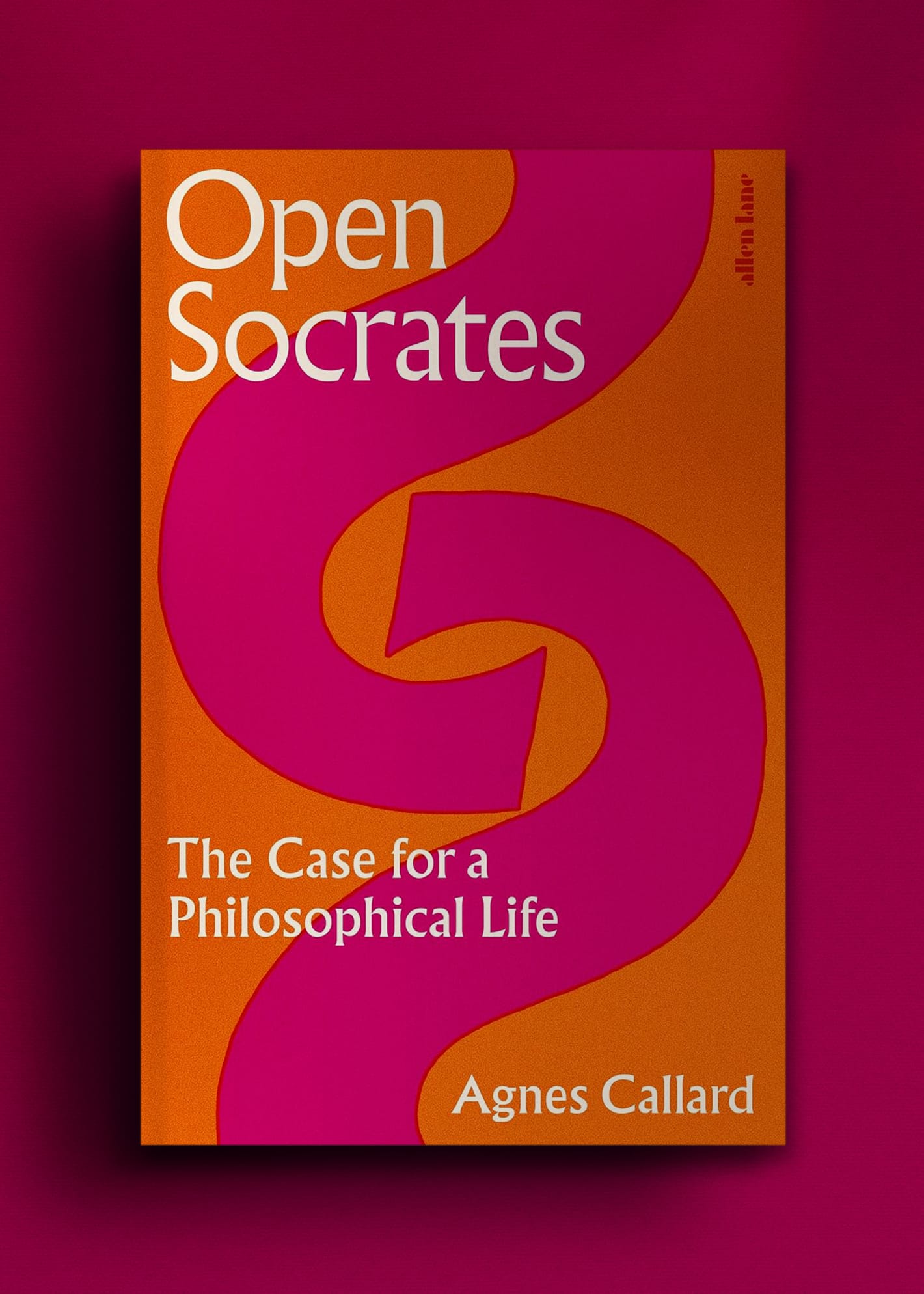
Open Socrates: The Case for a Philosophical Life by Agnes Callard
Allen Lane 14 January, 2025
The beginning of a new year is traditionally a time of reflection and resolutions. For readers in this frame of mind, Agnes Callard's Open Socrates will have a particular attraction. It is a book that brings us back into conversation with the Greek philosopher who memorably stated: 'the unexamined life' in not worth living at all.
In an age of AI when we all seem constantly distracted by our smartphones, Callard's case for the Socratic Method is one that resonates. This method is one Socrates pioneered in his life by the simple habit of touring the marketplaces and asking question after question. Several millennia on, Callard argues, we can all benefit by doing much the same thing — challenging preconceptions, sharpening understandings and deepening social bonds as we go.

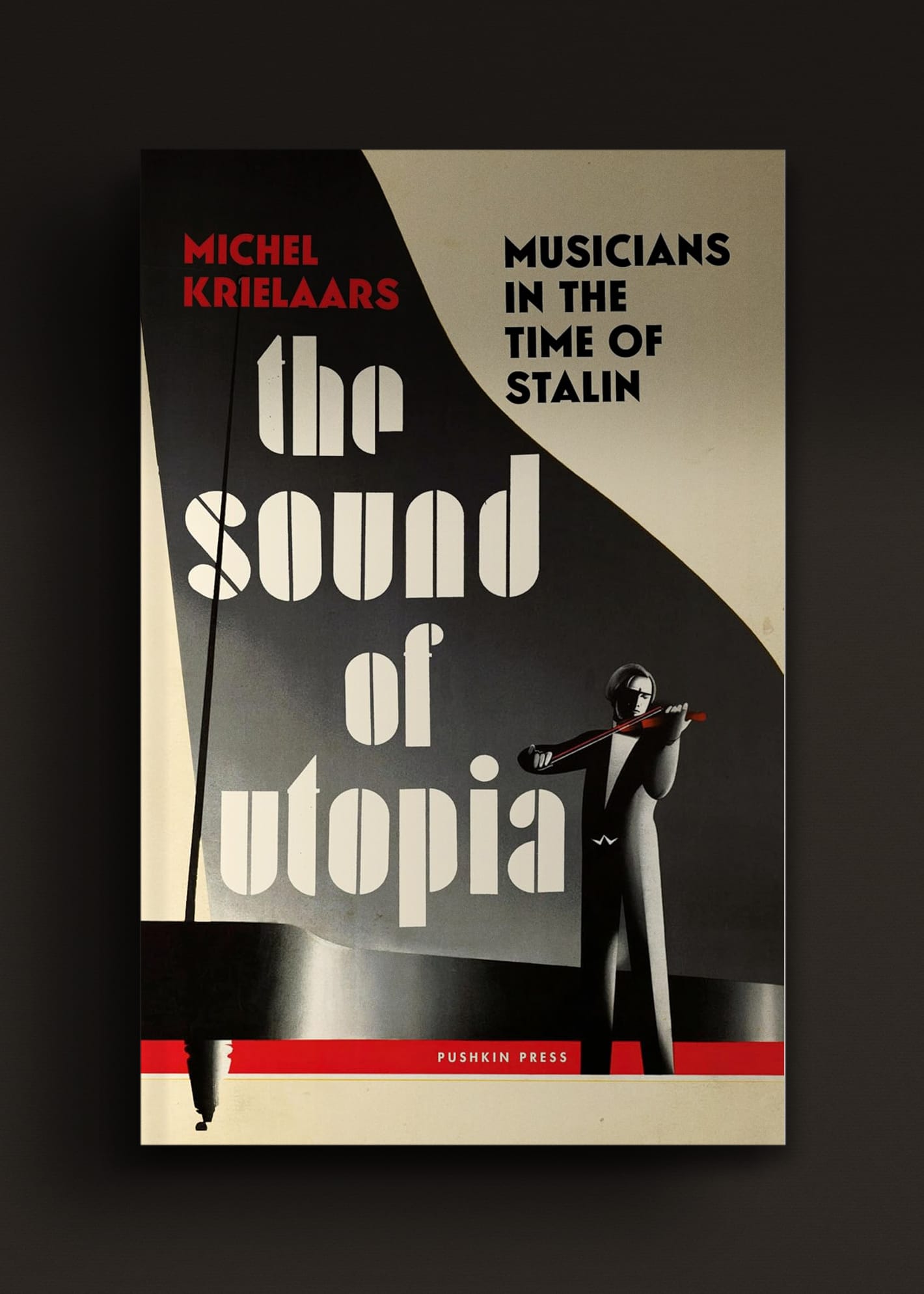
The Sound of Utopia: Musicians in the Time of Stalin by Michel Krielaars
Pushkin Press, 16 January, 2025
In his book Time's Echo, published in 2023, Jeremy Eichler showed how music could act both as 'a witness to history and a medium of cultural memory'. This fact was also appreciated by Soviet leader Joseph Stalin, who once described musicians as 'engineers of the human soul'.
Given the repressive environment in which Soviet musicians were forced to operate, this becomes a chilling quote. And in his brisk, revealing The Sound of Uptopia the Dutch journalist Michel Krielaars has gathered together a series of studies that frame the peril musicians confronted in Stalin's time. If they were to be found guilty of 'formalism' or subversive actions, their careers could be over and perhaps worse awaited. Among those featured in his narrative are the pianists Tikhon Khrennikov and Sergei Prokofiev as Krielaars intriguingly frames the dilemmas of their creative lives.

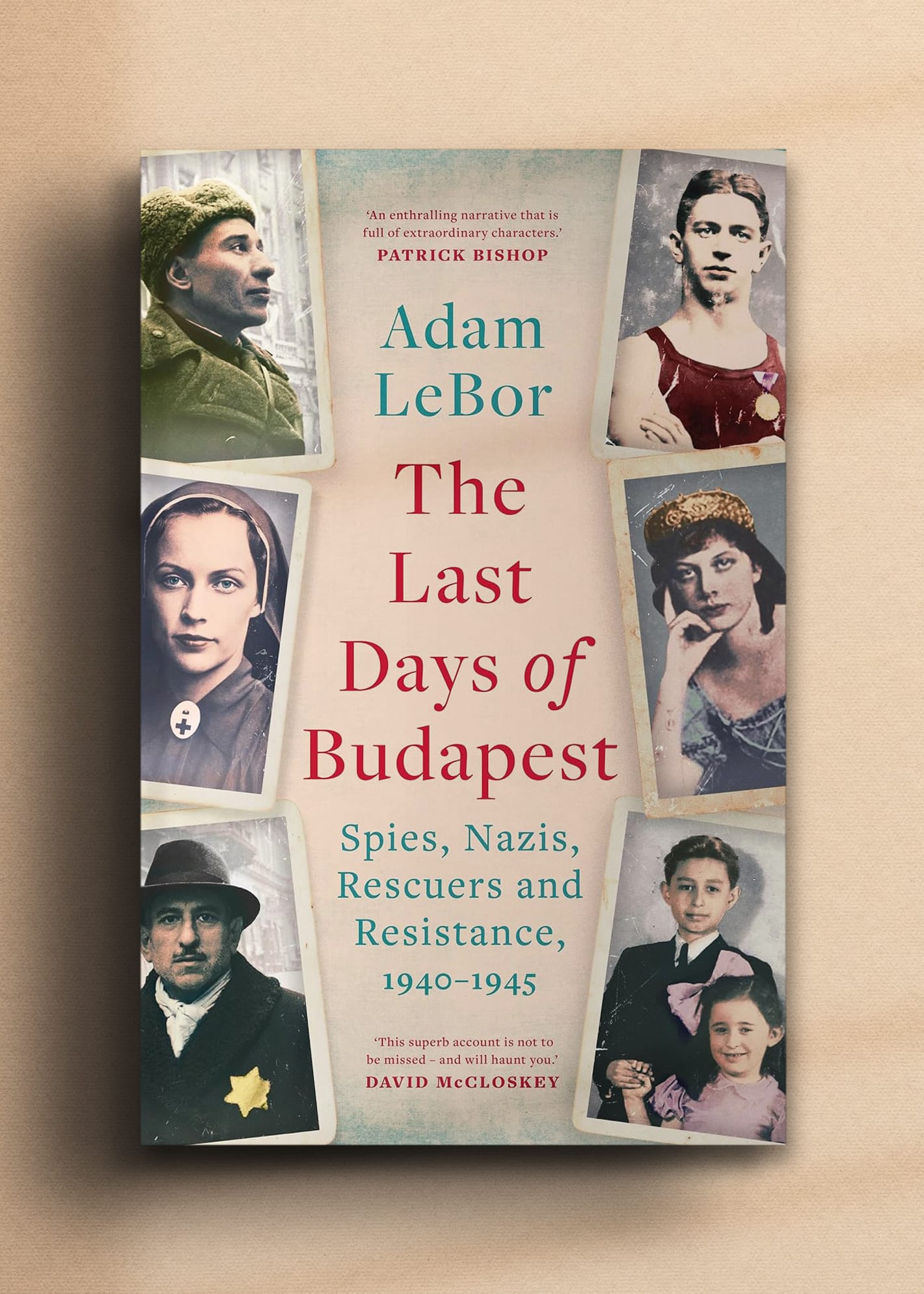
The Last Days of Budapest: Spies, Nazis, Rescuers and Resistance 1940-45 by Adam LeBor
Apollo, 16 January, 2025
Long into the conflict we now call the Second World War, Budapest stood strangely apart from the violence. As Warsaw was destroyed, Paris occupied and London bombed, an eerie sense of normality lingered over the Hungarian capital. Allied with Nazi Germany it was spared from the offensives of 1940 and in consequence it became something a tense relic of the 1930s — if not quite a place of sanctuary, then still somewhere that could be called the 'Casablanca of central Europe'.
This peace was shattered in 1944 as enemies descended from all directions. First came the Nazis, then the Red Army. As these advanced so began the suffering of a people who had been spared for so long. In this captivating history, Adam LeBor reanimates the singular wartime history of this ancient European city.

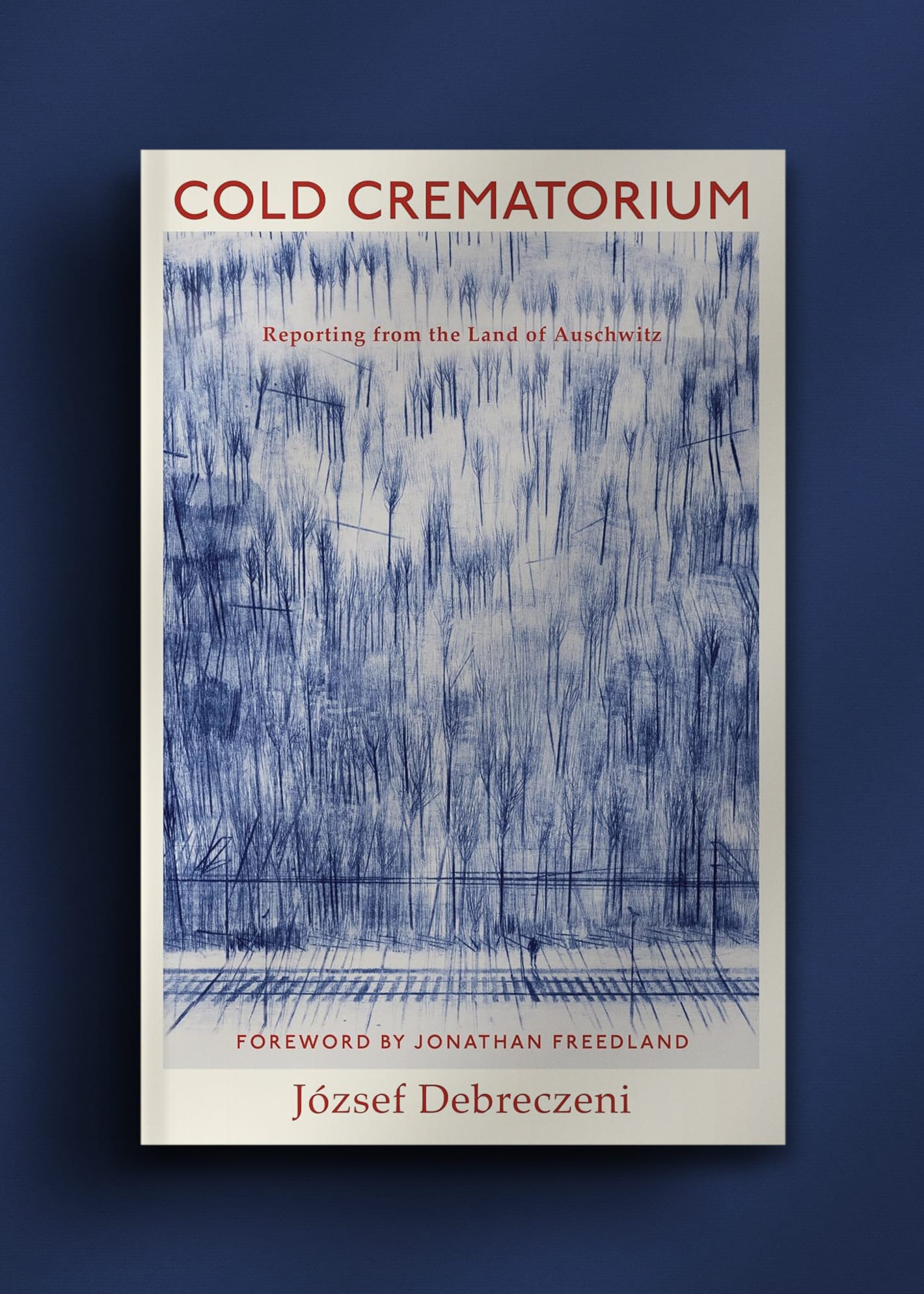
Cold Crematorium: Reporting from the Land of Auschwitz by József Debreczeni
Vintage Classics, 18 January, 2025
If the previous book in our list provided a collective story of many Hungarians, then Cold Crematorium gives the darkly evocative account of just one. József Debreczeni was transported to Auschwitz in April 1944. In this searing account of his time there, he explains how he narrowly survived the selection process upon arrival at the extermination camp and all the horrors that came after.
This January brings the 80th anniversary of the Liberation of Auschwitz and reading this book provides the most powerful reminder of where prejudice and intolerance can lead. For many years after its composition in the 1950s, Cold Crematorium was unknown to English readers. It was first published by Jonathan Cape last January and now its status as a work of prime historical importance is confirmed as it is issued in paperback by Vintage Classics.
Reporting from the Land of Auschwitz
József Debreczeni describes his arrival at the Auschwitz Extermination Camp in May 1944

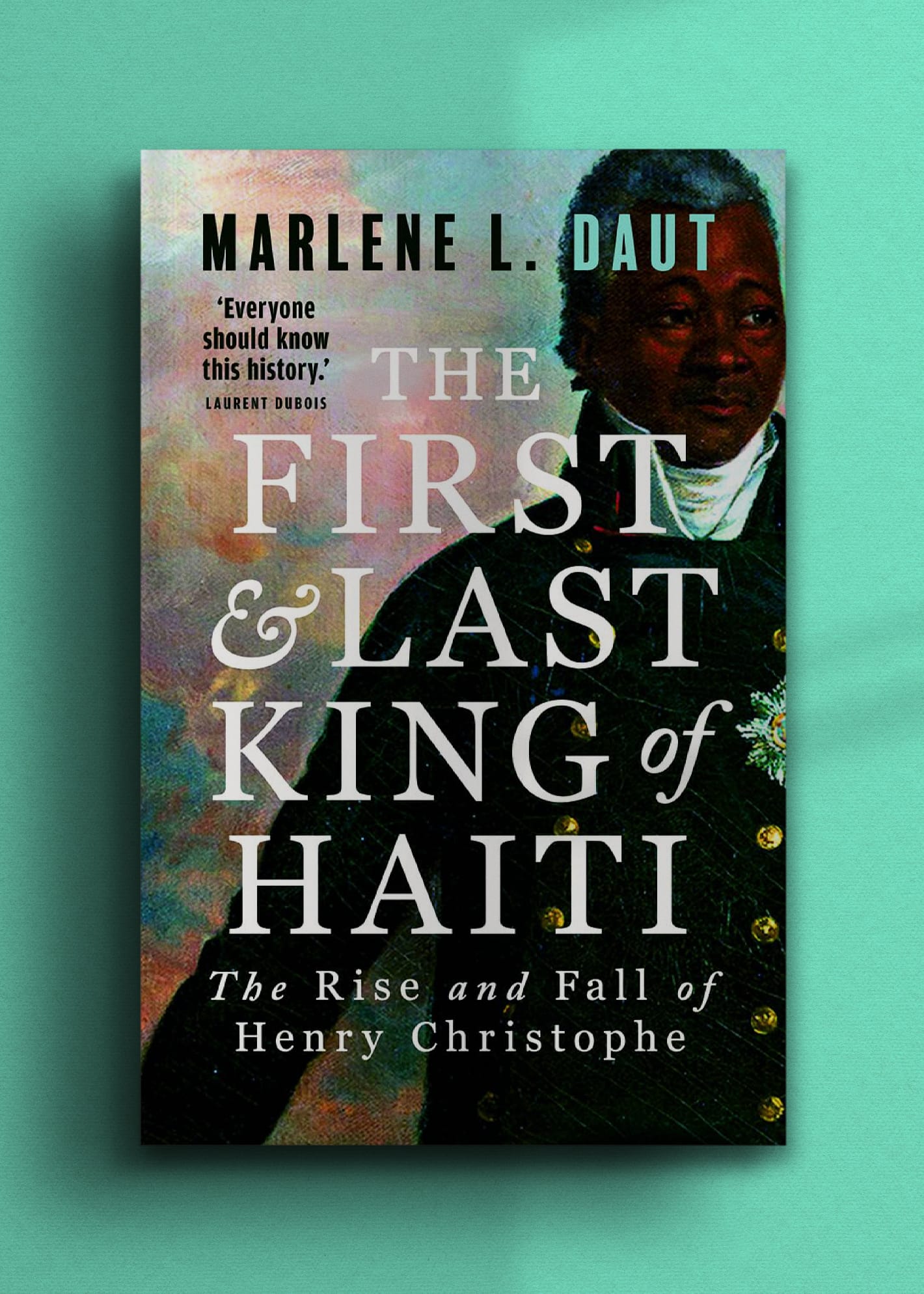
The First & Last King of Haiti: The Rise and Fall of Henry Christophe by Marlene L. Daut
Yale University Press, 21 January, 2025
An 'Age of Revolutions' began in America in 1776 and rippled outwards, to France in 1789 and on to the Caribbean in the years after that. Sprawling across this time is the life of a compelling figure. Henry Christophe was born (most likely) in Grenada in 1767 and he rose to international fame for his role in the Haiti Revolution in the 1790s.
Christophe is an elusive biographical subject. Accounts of his life are conflicting and they are further complicated by his appearance in a variety of fictional works. To this challenge, the historian Marlene L. Daut brings a clear scholar's eye and a decade's archival research. The result is a vital new look at a central figure in modern political and cultural history.

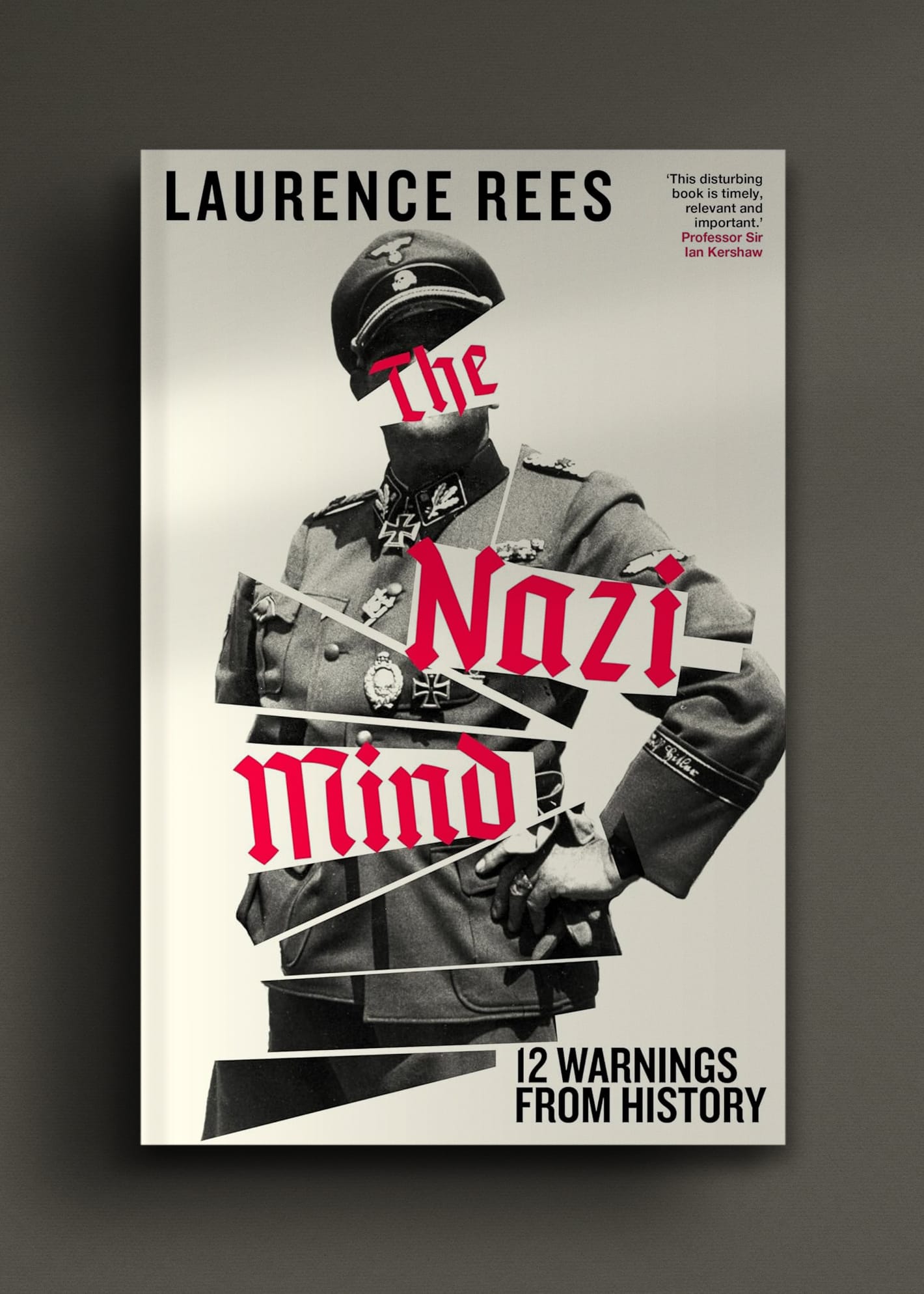
The Nazi Mind: 12 Warnings from History by Laurence Rees
Viking, 23 January, 2025
A generation has now passed since 1997 and Laurence Rees's television documentary The Nazis: A Warning from History. The plain fact that his new book sounds so crisply familiar shows both how committed Rees has remained to his subject and how vital its subject matter still is.
Much, of course, has changed since 1997. Back then Russia and the West were firmly embraced and multiculturalism was all the rage. The shift in attitudes since that time is substantial and, as Rees suggests, not unlike a period of history that has come before. Here he structures his 'warning' into twelve distinct lessons that explain 'how and why [the Nazis] were capable of committing the worst crimes in the history of the world'.

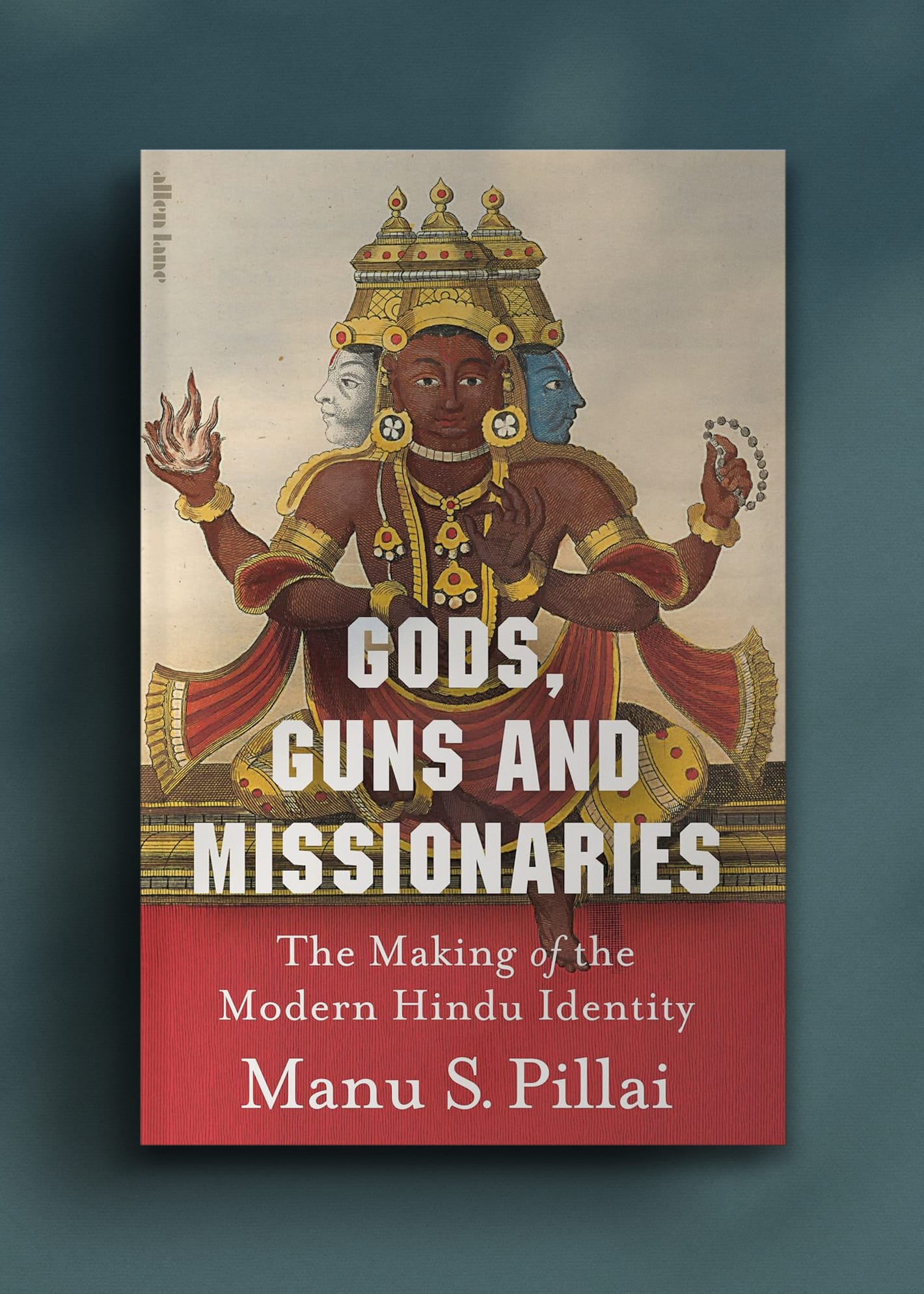
Gods, Guns and Missionaries: The Making of the Modern Hindu Identity by Manu S. Pillai
Allen Lane, 25 January, 2025
British readers have recently been introduced to India's rich and tremendous influence on global history in William Dalrymple's The Golden Road (Bloomsbury, 2024). For those who relished that story and would like to follow the thread a little further, then Manu Pillai's Gods, Guns and Missionaries provides the ideal choice.
Pillai is among the brightest of India's young historians. Beginning in the sixteenth century with the earliest appearance of European missionaries in India, he explores the ever-deepening interactions that follow. While European modes of thought clearly shaped India throughout the early modern period, Hindu philosophy was also radiated back westwards. How these interactions played out, and what it means for us today, are questions at the heart of this book.

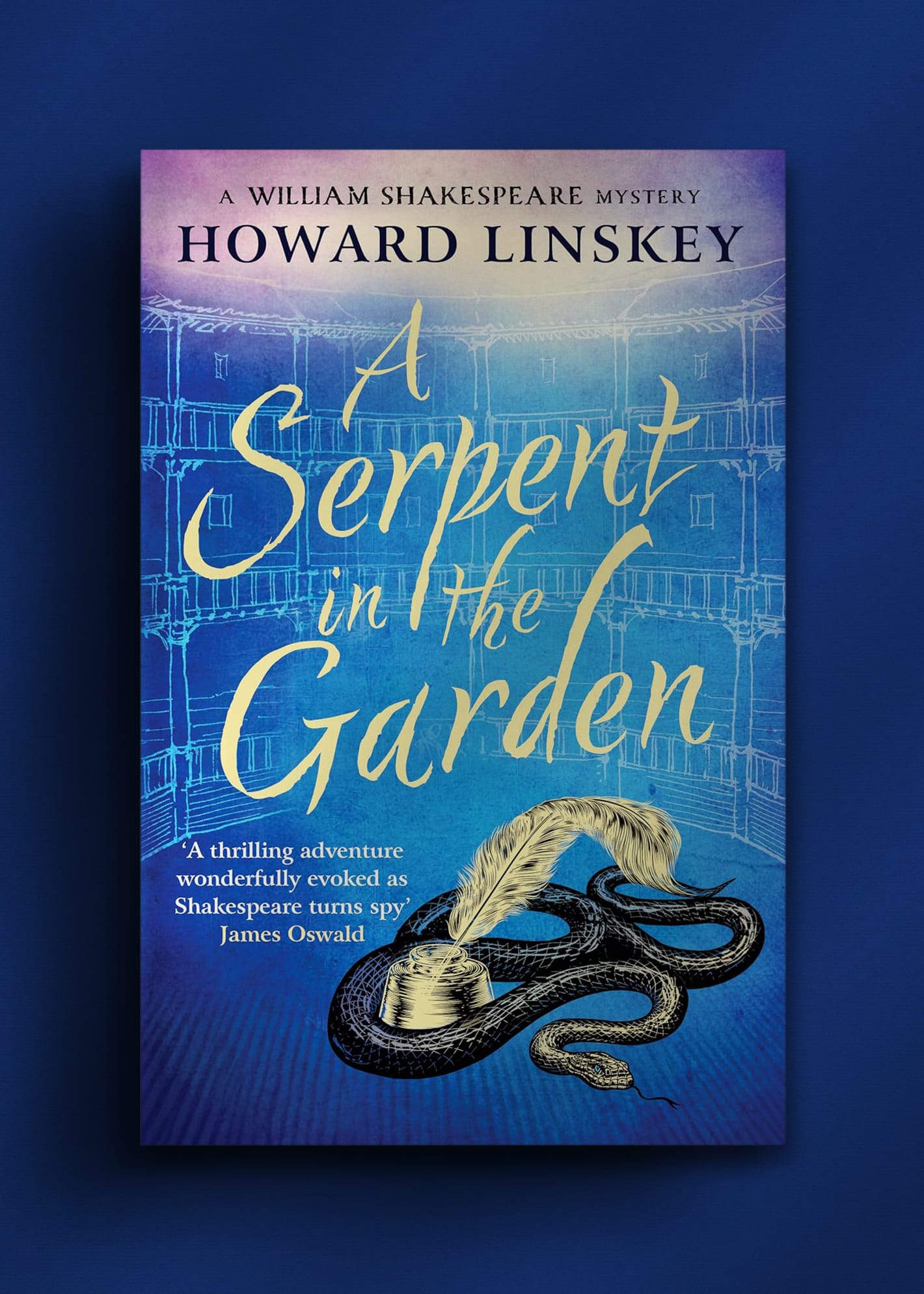
A Serpent in the Garden by Howard Linskey
Canelo, 30 January, 2025
In contrast to all the works of non-fiction above is A Serpent in the Garden, the first novel in a new series by Howard Linskey. Linskey, a former journalist, is known as the creator of the DC Ian Bradshaw novels. Here he turns his flair for storytelling to the late sixteenth century and, in specific, he directs it upon the best-known figure in English literary history.
William Shakespeare's life, it has to be said, is very well suited to fiction. While his plays are world-famous the man himself is only known in tantalising outline. Into the cavernous gaps in his biography writers have long poured their own theories and Linskey's, developed here, is that Shakespeare acted as a spy for Queen Elizabeth's courtier Robert Cecil. Subterfuge? Tudor London? Old Queen Bess? What's not to like?
Shakespeare’s Lost Years
Tinker? Tailor? Soldier? Spy? Howard Linskey looks back at the most mysterious phase of Shakespeare's life

This month's Previews were by Peter Moore.
📸 Dive into our Features
🎤 Read Interviews
🎧 Listen to Podcasts
🖼️ Buy fine art prints & more at our Store


